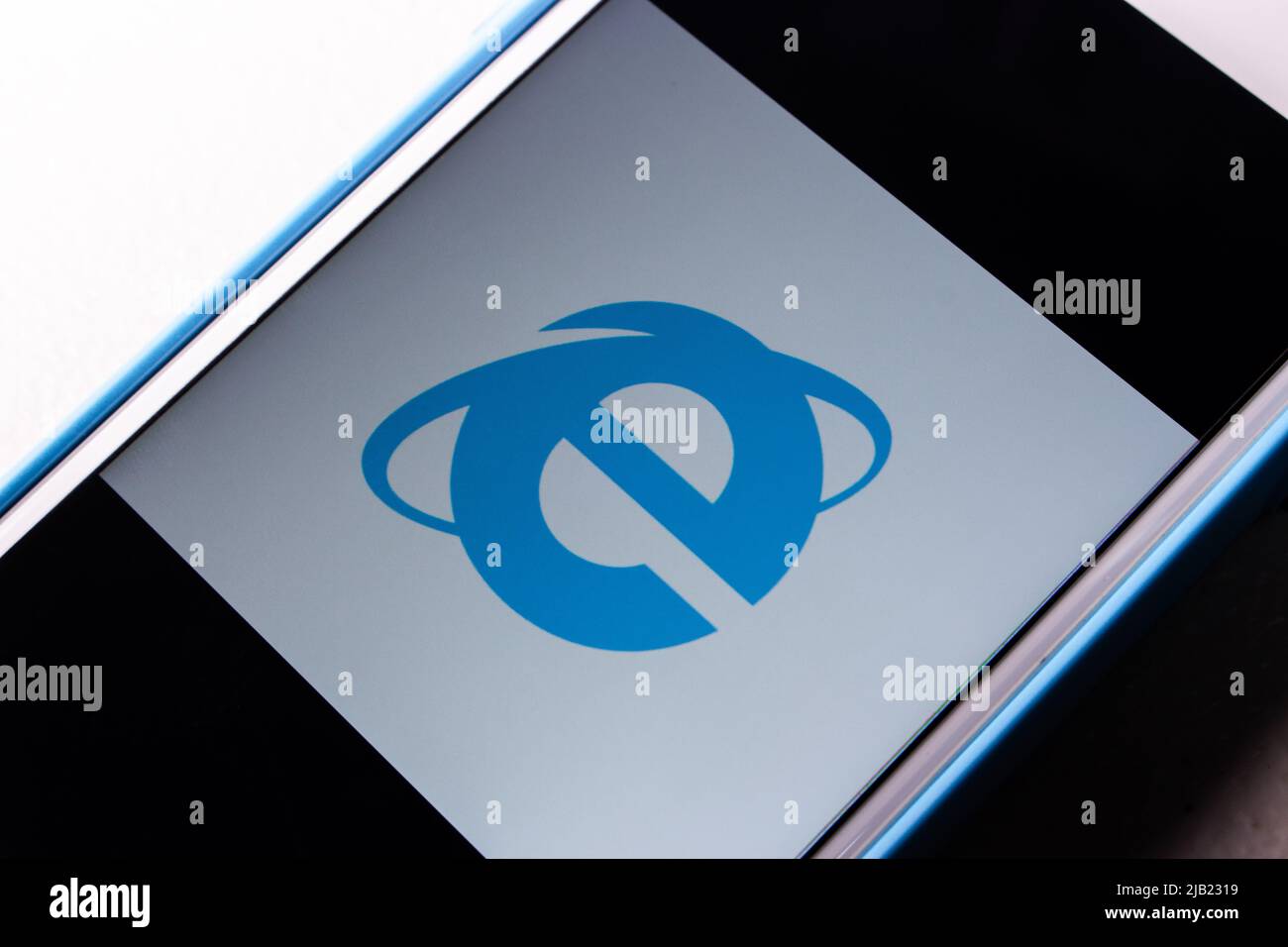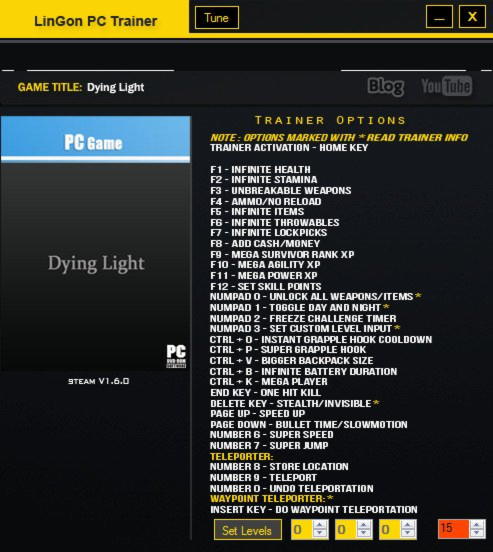
deb package of AnyDesk will appear to download, save the package on your filesystem. Once the download is finished, open the directory, right-click on the file and select open with Software Install. What is AnyDesk?Anydesk is a free powerful remote desktop software available for Windows, Linux, Mac and Android. It is fast and simple, as well as lightweight than TeamViewer.

And most of all it doesn't nag users to get commercial license on personal use. AnyDesk's GUI is very clean and simple, you wont get confused. We will talk on how to use it later on this article.ĪnyDesk Vs. TeamViewerI have used both software on my Linux and Windows machine. Size:This is where i found the big difference, Anydesk requires way lower space than TeamViewer.Speed: In terms of speed, both do really well.Below points are my personal opinions what i experienced during usage. Nagging: As i have already said TeamViewer constantly nags user to buy a license even though on free version, AnyDesk doesnt.(I am aware that, these numbers dont makes much sense for the technological advancement time being but come on.), and also teamviewer includes components for more functions ) Where AnyDesk uses less than 15 MB of space, TeamViewer needs more than 50 MB. You just keep doing whatever you want without any interruption.(I am not discouraging anyone to buy a license, i am just saying if you say its free then it should be without any catch) #Anydesk download for linux license Now that we have learned something about AnyDesk, lets get to install it.ĪnyDesk is not available in official Debian repository. We will download the latest AnyDesk package from AnyDesk site and install it on you Linux Mint, Ubuntu or Other Debian based distors. Head to the download site form the below link and download according to your OS architecture.

I have a X86_64 OS, so i will download the 64bit package, if you have X86 OS than download 32bit package.


Der AnyDesk Remote-Desktop läuft auf einer Vielzahl von Linux-Distributionen, darunter Ubuntu, Red Hat und openSUSE. To find your OS architecture, issue 'lscpu' on terminal. Eine generische 'Vanilla' Linux-Version ist auch für andere benutzerdefinierte Systeme in 32-Bit oder 64-Bit verfügbar.


 0 kommentar(er)
0 kommentar(er)
